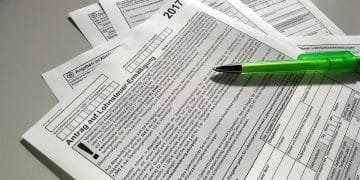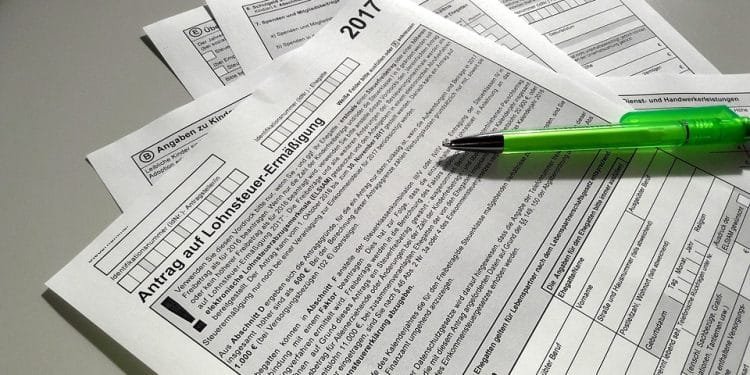[ad_1]
Mastering Your Finances: The Ultimate Guide to Strategic Tax Planning and Effective Tax Management
When it comes to managing your finances, one of the most crucial aspects is tax planning. Strategic tax planning can help you optimize your tax liabilities and maximize your potential savings. By understanding how to effectively manage your taxes, you can take control of your financial future and achieve your long-term goals. In this comprehensive guide, we will cover everything you need to know about strategic tax planning and effective tax management.
Why Tax Planning is Important
Many people view tax planning as merely a way to reduce their tax obligations, but it goes beyond that. Strategic tax planning is about making informed decisions that can positively impact your financial situation. By taking a proactive approach to managing your taxes, you can minimize your tax liabilities legally and ethically while maximizing your savings and investments.
Benefits of Strategic Tax Planning
There are numerous benefits to strategic tax planning, including:
- Maximizing tax deductions and credits
- Reducing tax liabilities
- Optimizing investment strategies
- Minimizing tax risks
- Improving cash flow
Key Components of Strategic Tax Planning
There are several key components to consider when developing a strategic tax plan:
Income Tax Planning
Income tax planning involves managing your income to minimize your tax liabilities. This can include strategies such as income deferral, income splitting, and maximizing deductions and credits.
Investment Tax Planning
Investment tax planning focuses on optimizing your investments to minimize taxes. This can include utilizing tax-advantaged accounts, tax-loss harvesting, and making strategic investment decisions.
Risk Management
Risk management involves assessing potential tax risks and implementing strategies to mitigate them. This can include analyzing tax laws and regulations, staying updated on tax changes, and working with a tax professional.
Effective Tax Management Strategies
There are several effective tax management strategies you can implement to optimize your tax situation:
Keep Detailed Records
Keeping detailed records of your income, expenses, investments, and deductions is crucial for accurate tax reporting and compliance.
Utilize Tax-Advantaged Accounts
Utilizing tax-advantaged accounts such as RRSPs, TFSAs, and RESPs can help you minimize taxes on your investments and savings.
Plan for Taxes in Advance
Planning for taxes in advance can help you avoid unexpected tax liabilities and ensure you have enough funds set aside for tax payments.
Work with a Tax Professional
Working with a tax professional can provide you with valuable insights and expertise to help you navigate complex tax laws and regulations.
Common Questions About Tax Planning
What is the difference between tax planning and tax preparation?
Tax planning involves proactively managing your finances to minimize tax liabilities, while tax preparation focuses on accurately filing your tax returns based on your financial transactions.
How can tax planning benefit small businesses?
Strategic tax planning can help small businesses maximize deductions, reduce tax liabilities, and optimize cash flow for growth and expansion.
What are some common tax deductions and credits individuals can take advantage of?
Some common tax deductions and credits individuals can take advantage of include charitable donations, medical expenses, education expenses, and home office expenses.
Conclusion
Mastering your finances through strategic tax planning and effective tax management is essential for achieving financial success. By understanding the key components of tax planning, implementing effective tax management strategies, and staying informed about tax laws and regulations, you can optimize your tax situation, minimize tax liabilities, and maximize savings and investments. Remember to work with a tax professional to ensure you are making informed decisions and taking advantage of all available tax benefits. With the right approach to tax planning, you can take control of your financial future and work towards your long-term goals.
Remember, the key to mastering your finances is developing a comprehensive tax plan that fits your unique financial situation, goals, and priorities. By taking a proactive approach to tax planning and management, you can optimize your tax liabilities, minimize risks, and maximize savings and investments. Whether you are an individual or a small business owner, strategic tax planning is the key to long-term financial success. Stay informed, stay proactive, and work with a tax professional to ensure you are making the most of your tax situation.
[ad_2]























































